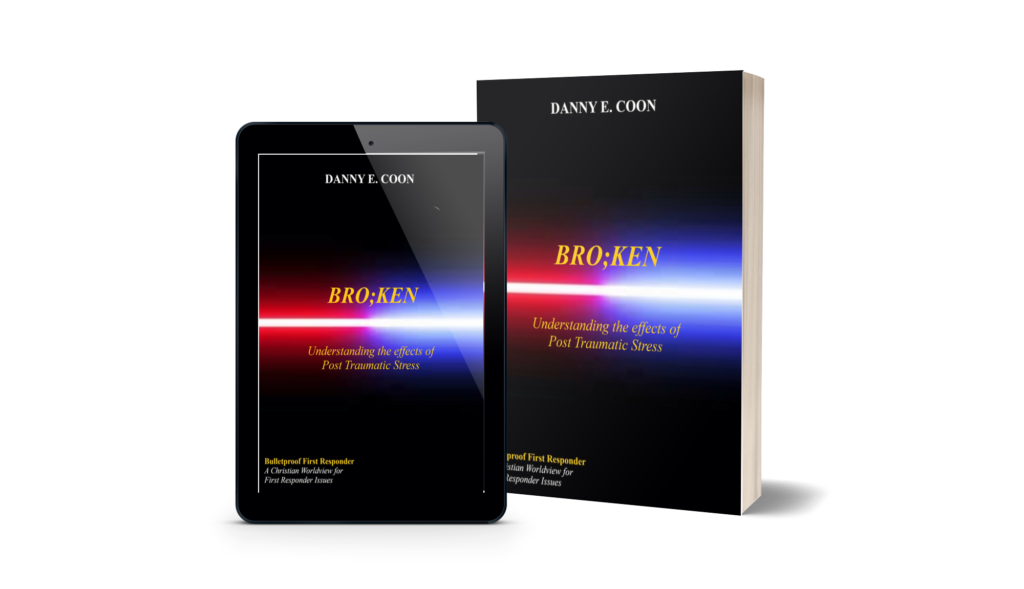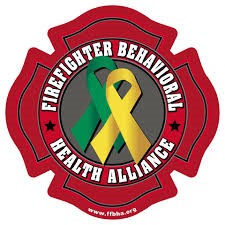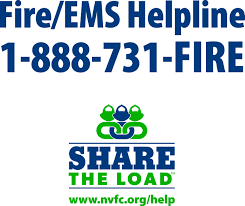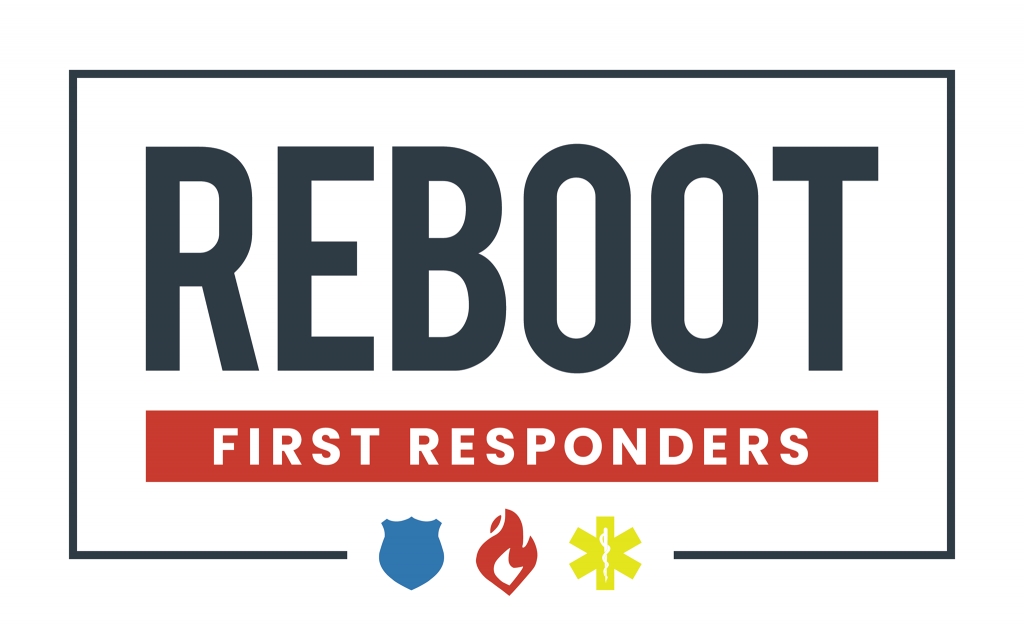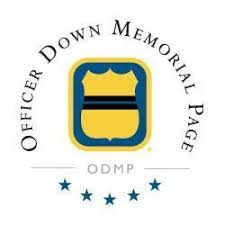Burnout, Exhaustion, & Fatigue

Photo by Shane Rounce on Unsplash
Risking their lives daily, first responders must respond to traumatic incidents with care, good judgment, and professionalism. Being unpredictable and loaded with stress, first responders must have the emotional stability to multi-task while maintaining control in the face of physical threats. The difficulty of their job requires them to “exercise considerable skill, make delicate decisions with fateful consequences, and solve a wide range of interpersonal problems, with no hard-and-fast criteria about the correctness or incorrectness of solutions. They must therefore live with doubts and uncertainty about some of what they have done, which can make them question their own adequacy or competence and undermine their self-esteem.”[1]
Do not let your hearts be troubled. You believe in God; believe also in me.
John 14:1 NIV
The Merriam-Websters dictionary defines burnout as:
- exhaustion of physical or emotional strength or motivation usually as a result of prolonged stress or frustration,
The Oxford Languages Dictionary defines exhaustion as:
- a state of extreme physical or mental fatigue.
- The action or state of using something up or of being used up completely.
And, fatigue as:
- extreme tiredness resulting from mental or physical exertion or illness.
Coined in 1974 by Dr. Herbert Freudenberger, he described burnout as the result of severe stress and high aspirations of emergency responders. Burnout and exhaustion are not exclusive to the first responder community. Anyone under a great deal of stress or living a stressful lifestyle is susceptible to burnout, fatigue, and exhaustion.
More simply put, if you feel exhausted, start to hate your job, and begin to feel less capable at work, you are showing signs of burnout.[2]
Burnout was recognized by the World Health Organization (WHO) in 2019 as a health concern. It can be described as physical and mental fatigue brought about by an exhausted capacity to adapt to daily activities. Nearly 70% of first responders report not having sufficient opportunity to recuperate from the trauma they experience, and 7% suffer from depression.
The stressors of a job or workplace may affect a person’s life in a variety of ways. Several possible physiological and psychological symptoms may develop, affecting their overall quality of life. Common signs of burnout in the workplace include:
- Anxiety
- Headaches
- Lack of sleep
- Fatigue
- An increasingly cynical outlook on life and work[3]

Photo by Andreea Popa on Unsplash
Emergency Responder Exhaustion Syndrome (ERES) is a term that is occupation-specific for first responders facing psychological issues. First responders are frequently exposed to incidents that can cause critical incident stress. Police officers reporting high levels of stress have three times greater health problems, three times greater domestic violence levels, five times higher rates of alcoholism. They are ten times more likely to suffer from depression than other officers.[4] “Stress arises from ordinary work pressures on the individual and the police family as well as from critical incidents that cause the officer to confront his or her mortality.”[5]
Numerous studies have shown that 30-35% of all first responders suffer from Post -Traumatic Stress injury (PTSi). Studies have also shown that around 70% of first responders suffer from ERES. Unlike PTSi and closely related to CPTSi (Complex Post-Traumatic Stress injury), ERES is a mental health condition caused by consistent, ongoing traumatic incidents. It is that daily build-up of all those suppressed negative emotions and experiences. ERES is the result when a first responder reaches high levels of depletion and exhaustion.
Emergency Responder Exhaustion Syndrome causes psychological issues; it impairs your job performance, causes family problems leading to domestic violence, poor health, and substance abuse. All of this leads to depression, alcoholism, divorce, anxiety disorders, burnout, and increased risk of suicide.
23 This is what the LORD Almighty, the God of Israel, says:
25 I will refresh the weary and satisfy the faint.
Jeremiah 31:23 & 25 NIV

Photo by Francisco Gonzalez on Unsplash
Caused by various mental, physical, environmental, and lifestyle issues, fatigue is at the lower end of the burnout, exhaustion, and fatigue ladder. Many describe fatigue as a loss of energy and motivation and may be gradual or sudden in onset. Fatigue is prevalent in the workplace and is a symptom of exhaustion and burnout. Most of the time, fatigue can be treated with a healthy meal and a good night’s sleep.
Medical professionals may diagnose psychological reactions and injuries, but the best treatment is not just physical and mental; it’s also spiritual. You need to be on a solid foundation with Jesus Christ; you need to heal by the word of God. The Bible tells us that God, our creator, is the ultimate healer; in his darkest nights, King David wrote:
21 But you, Sovereign Lord, help me for your name’s sake; out of the goodness of your love, deliver me. (Psalms 109:21 NIV)
If you are experiencing burnout, depression, exhaustion, fatigue, or Post Traumatic Stress, you need help. You are in the darkness; you are in a battle with evil; you are in a fight for your SOUL. Spiritual healing is as close as your agency’s Chaplain. However, if you are untrusting of your agency’s help, two world-wide organizations offer Faith-Based healing to First Responders, Reboot Recovery (https://www.rebootrecovery.com/) and Mighty Oaks Warrior Programs (https://www.mightyoaksprograms.org/). Both are free for veterans and first responders.
“The ultimate measure of a man is not where he stands in moments of comfort and convenience, but where he stands at times of challenge and controversy.”
Martin Luther King, Jr.
IF YOU HAVE THOUGHTS OF SUICIDE GET HELP NOW
Law Enforcement Copline (800) 267-5463
Firefighters / Medics Fire/EMS HELPLINE (800) 731-FIRE (3473)
- Toch, H. (2002). Stress in policing. Washington, DC: American Psychological Association. ↑
- Maslach C, Leiter MP. Understanding the burnout experience: recent research and its implications for psychiatry. World Psychiatry. 2016;15(2):103–111. doi:10.1002/wps.20311 ↑
- Signs of Burnout, Ada Health Group, Updated 02/26/2020, https://ada.com/signs-of-burnout/ ↑
- National Institute of Justice -At-A-Glance: Recent Research Findings – NIJ Journal #240 (ncjrs.gov) published 07/1999 ↑
- Scrivner, E. M., & Kurke, M. I. (1995). Police psychology at the dawn of the 21st century. In M. I. Kurke, & E. M. Scrivner (Eds.), Police psychology into the 21st century (pp. 3-30). Hillsdale, NJ: Erlbaum. ↑

